Understanding ALS
Some diseases present seemingly
impossible challenges. We strive to make a
difference in the lives of people living with
amyotrophic lateral sclerosis (ALS) by rising
to that challenge.
DISEASE STATE
Discovery
ALS was first discovered in studies conducted between 1865 and 1869 by French neurologist Jean-Martin Charcot.1 The condition became widely known in the late 1930s as Lou Gehrig’s disease with the diagnosis of the American baseball player bearing the same name.2
ALS is a progressive and incurable neurodegenerative disease. The majority of patients with ALS die within two to five years of diagnosis.3,4
ALS causes the motor nerve cells (motor neurons) in the spinal cord, brainstem, and brain to deteriorate and die over time. As the body’s motor neurons are responsible for stimulating muscles into action the degeneration of this disease leads to debilitating muscle weakness.3
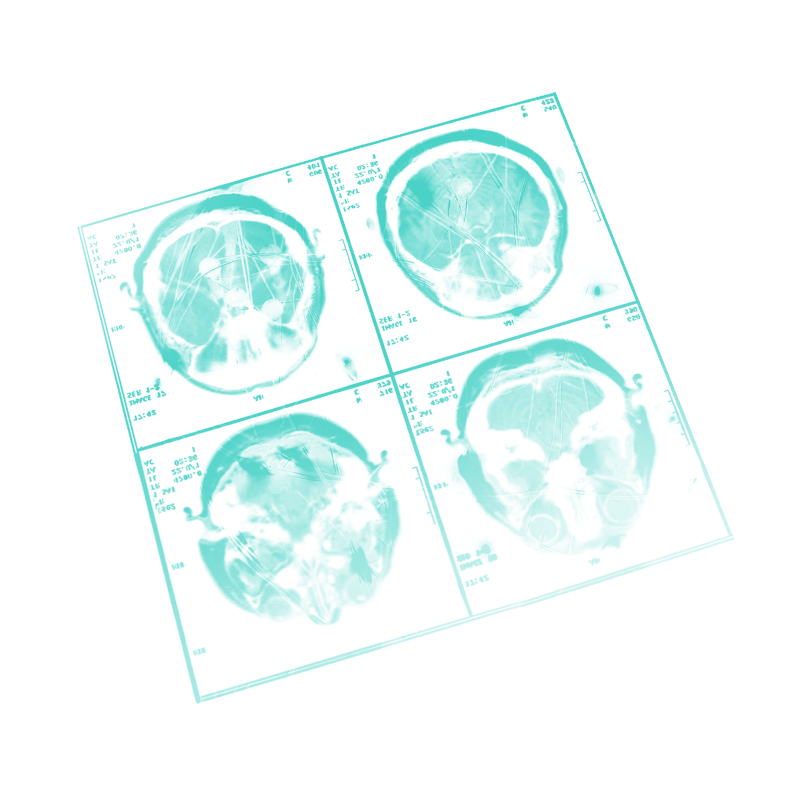
ALS is referred to as a progressive disease, meaning the symptoms continue to worsen over time. People with ALS lose strength in their muscles and become weaker, which can limit movement.3
Over time, the brain loses its ability to initiate and control certain muscle movements, resulting in progressive weakness and paralysis. People living with ALS may eventually need assistance with speaking, eating and breathing on their own.3

An ALS diagnosis can be devastating, not only for the person, but also for their families and caregivers. ALS impacts the whole family.
Eventually people with ALS may be unable to perform basic physical tasks, requiring a full-time caregiver (often a spouse or family member) to be present at all times. In the later stages of the disease, a person with ALS may be bed/chair bound, and may be on mechanical ventilation, requiring 24/7 professional assistance.3
Americans have ALS4
Americans are diagnosed with ALS annually4
have no family history of ALS3
There are no easy answers with
ALS, and every person's experience
can be different.
Every person's experience with ALS can be different. Here are several perspectives of people with ALS and their families to help shed light on their day to day lives.
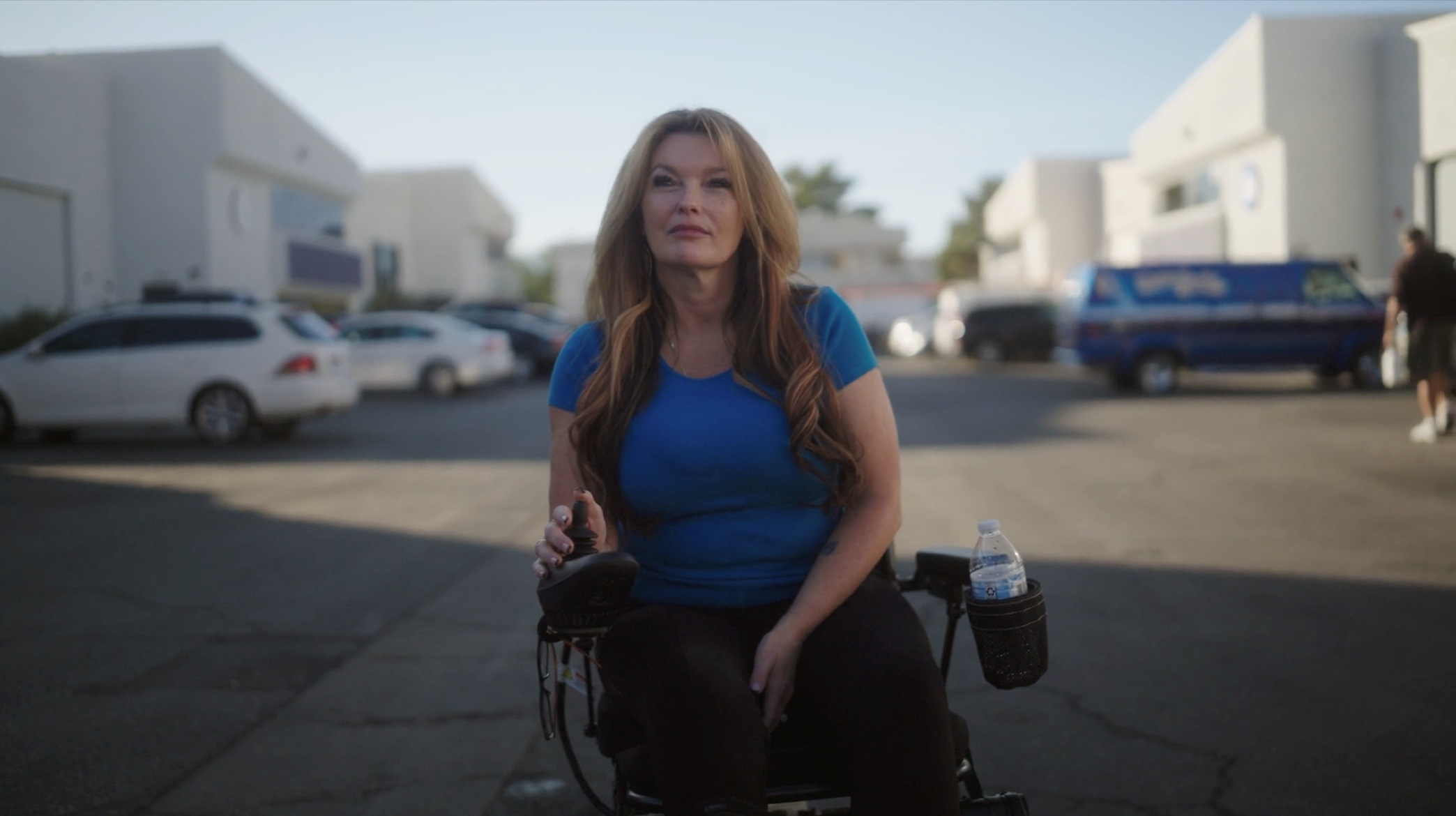
Veteran and former level one trauma nurse, Lisa McKee, shares her story about living with ALS and her determination to never give up the fight.
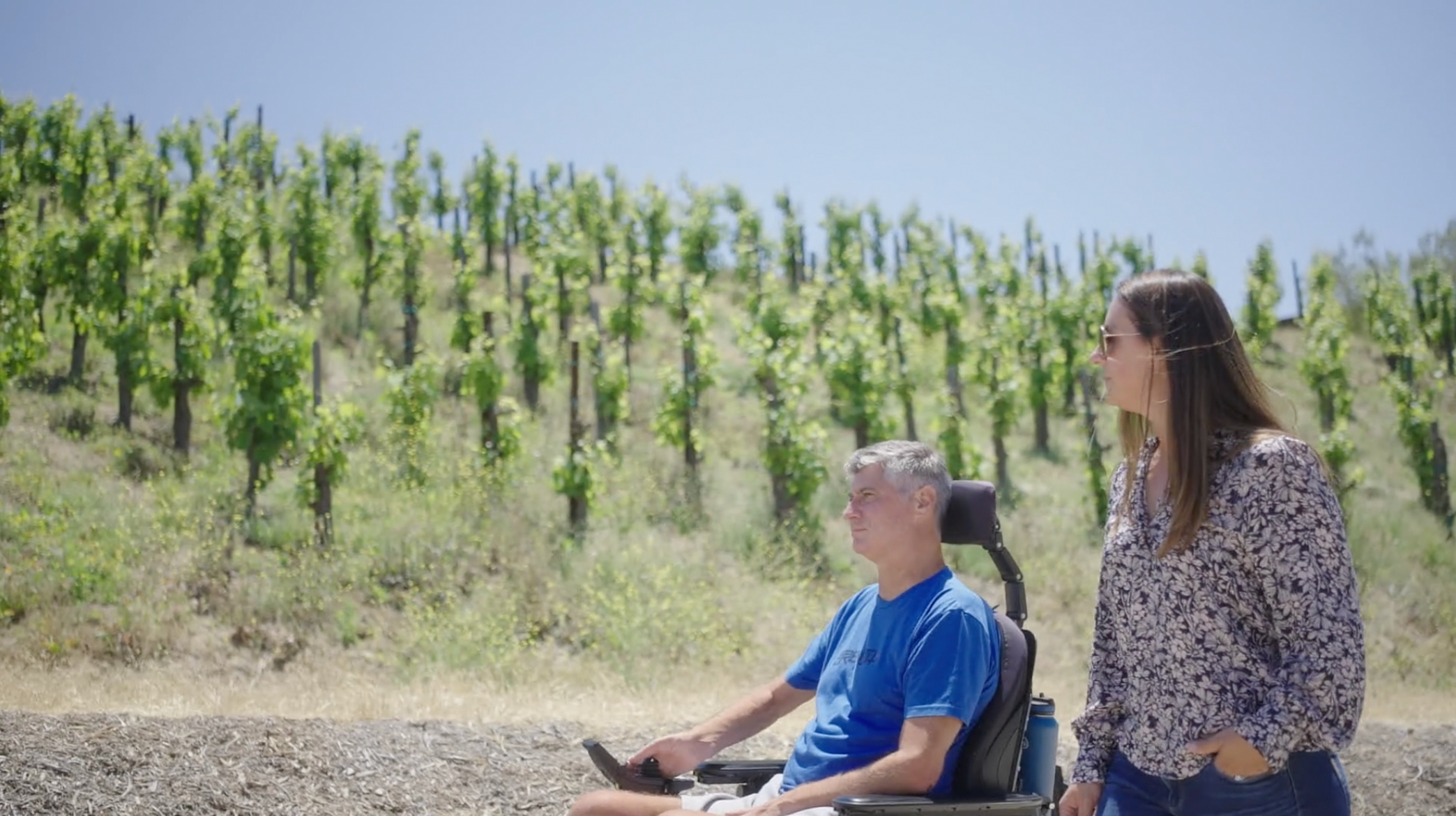
Phil Green shares his story about adapting to the challenges he faces with ALS, and his philosophy to never give up.

Marine Corps Veteran, Roger Brannon, shares his story and the importance of staying positive.

A veteran living with ALS explains the modifications he has made to make his home more accessible.

One family impacted by ALS shares how their service dog helps with their day-to-day life.
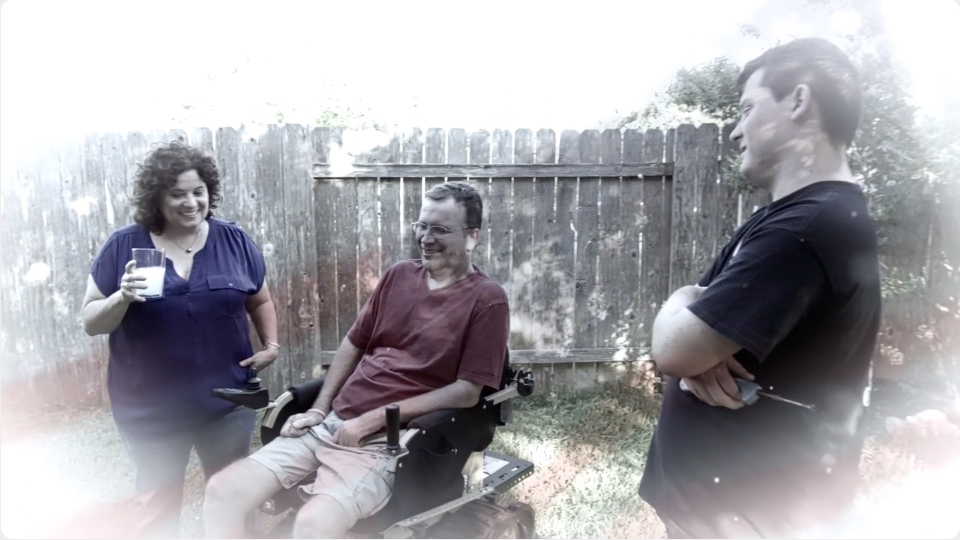
Caregivers share their stories.
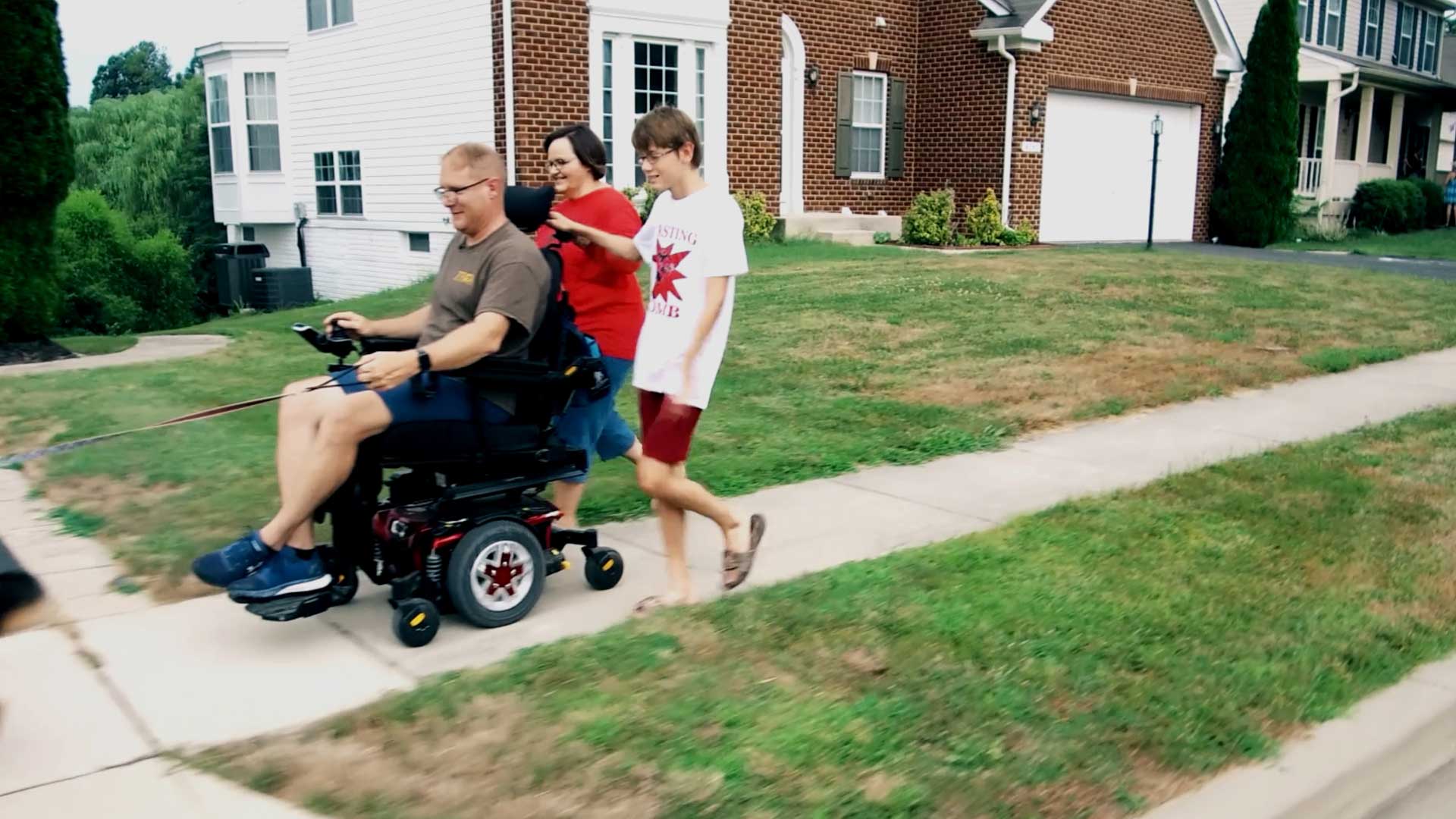
Roger & Tom are two veterans who believe that a positive mental attitude is a powerful tool. See how their indomitable spirits help them each day.
Whether it’s a symposium, virtual walk or gala, our advocacy efforts have one common goal: improving the lives of those with ALS. Explore a sampling of our latest endeavors…
- Kumar D, Aslinia F, Yale S, et al. Jean-Martin Charcot: The Father of Neurology. Clin Med Res. 2011 Mar; 9(1): 46–49.
- ALS Association. Lou Gehrig and the History of ALS. ALS.org. Accessed March 2023. https://www.als.org/understanding-als/lou-gehrig.
- National Institute of Neurological Disorders and Stroke. Amyotrophic Lateral Sclerosis (ALS) Fact Sheet. Accessed March 2023.
- Mehta P, Kaye W, Bryan L, et al. (2016). Prevalence of Amyotrophic Lateral Sclerosis in the United States using established and novel methodologies, 2017 Amyotroph Lateral Scler Frontotemporal Degener. 2023 Feb;24(1-2):108-116.

